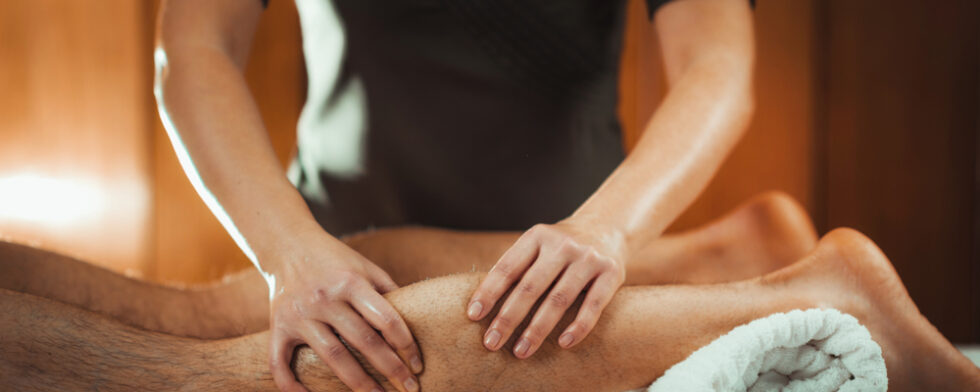How To Relax Muscles?

There are several ways to relax muscles, depending on the cause of muscle tension and the severity of the discomfort.
Here are some effective methods to relax muscles…
- Warm bath or shower – Soaking in a warm bath or standing under a warm shower can help relax tense muscles. The heat helps increase blood flow to the muscles, promoting relaxation.
- Massage – Gentle massage can help relax tight muscles and reduce muscle tension. You can use your hands, a massage ball, or a foam roller to massage the affected area.
- Stretching – Gentle stretching exercises can help relax tight muscles and improve flexibility. Focus on stretching the muscles that feel tight or tense.
- Heat therapy – Applying a warm compress or heating pad to the affected area can help relax muscles and reduce pain. Heat increases blood flow to the muscles, promoting relaxation.
- Cold therapy – Applying an ice pack or cold compress to the affected area can help reduce inflammation and numb the area, providing temporary pain relief.
- Hydration – Drinking plenty of water can help keep muscles hydrated and prevent cramping. Dehydration can contribute to muscle tension and stiffness.
- Relaxation techniques – Techniques such as deep breathing, meditation, progressive muscle relaxation, or yoga can help relax both the body and mind, reducing muscle tension.
- Proper posture – Maintaining good posture can help prevent muscle tension and reduce strain on the muscles. Use ergonomic furniture and devices to support your posture.
- Over-the-counter pain relievers – Nonsteroidal anti-inflammatory drugs (NSAIDs) such as ibuprofen or acetaminophen can help reduce pain and inflammation, making it easier to relax muscles.
- Professional help – If muscle tension is persistent or severe, consider seeking help from a healthcare professional. Physical therapy, chiropractic care, or massage therapy can provide targeted treatment for muscle tension.
Listen to your body and avoid overexerting yourself, especially if you’re experiencing muscle pain or tension. If muscle tension is chronic or severe, consult with a healthcare professional for proper evaluation and treatment.
